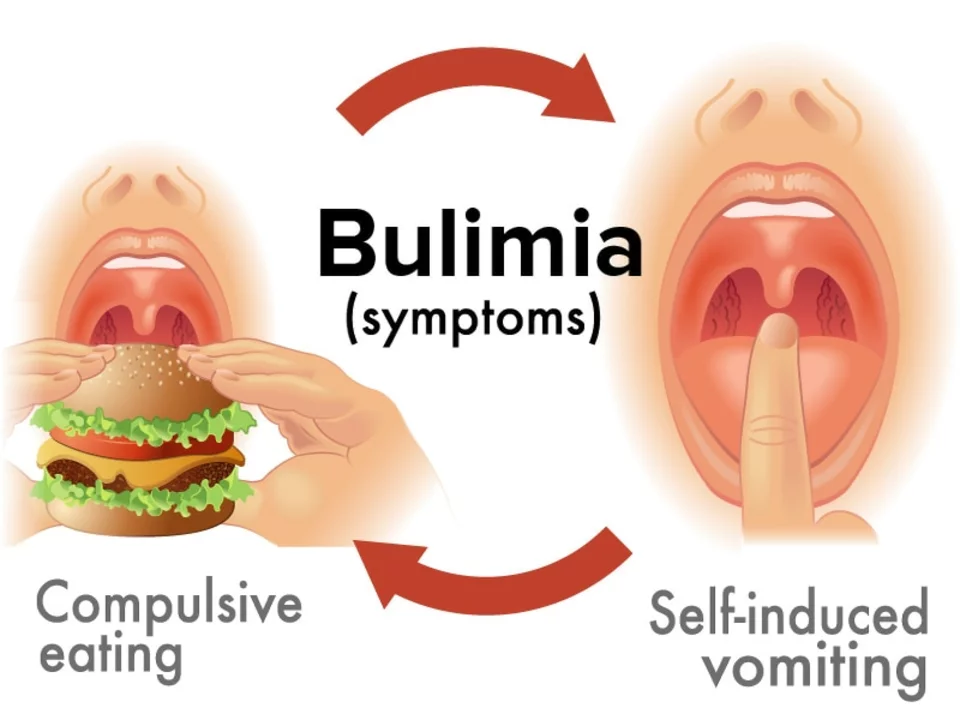Bulimia Nervosa: What It Is and How to Start Healing
If you’ve heard the term “bulimia nervosa” and wonder what it really means, you’re not alone. It’s an eating disorder where people binge on a lot of food and then try to get rid of those calories by vomiting, using laxatives, or over‑exercising. The cycle can feel out of control, but recognizing the pattern is the first step toward breaking it.
Most folks with bulimia look normal weight, which makes it harder for friends or family to spot the problem. Look for signs like frequent trips to the bathroom after meals, swollen cheeks, sore throat, or feeling ashamed about eating. Emotional clues—feeling intense guilt after a meal, obsessing over body shape, or hiding food—are also big red flags.
Why It Happens: Common Triggers
The urge to binge and purge often ties back to stress, low self‑esteem, or the belief that controlling food will fix other life problems. Societal pressure about thinness can push vulnerable people into this dangerous habit. Hormonal changes, perfectionist personality traits, or a history of trauma may also play a part.
Understanding your personal trigger helps you choose the right help. For some, it’s anxiety about school or work; for others, it’s a recent breakup or feeling judged by social media. Pinpointing what sets off the binge‑purge cycle gives you a clear target for therapy.
Getting Help: Treatment Options That Work
The good news is bulimia is treatable. The most effective approach combines nutrition counseling, psychotherapy, and sometimes medication. A registered dietitian can teach balanced eating plans that stop the binge‑purge swing. Cognitive‑behavioral therapy (CBT) is the gold standard—it helps you challenge distorted thoughts about food and body image.
Doctors may prescribe antidepressants like fluoxetine to reduce urges and improve mood, especially when anxiety or depression are present. Support groups provide a safe space to share experiences and learn coping tricks from others who’ve walked the same path.
If you’re considering professional help, start by talking to your primary care doctor. They can refer you to specialists familiar with eating disorders. Don’t wait for the next binge; early intervention speeds up recovery.
Practical Steps You Can Take Today
While you arrange formal treatment, small daily actions can lessen the urge to binge. Keep a regular meal schedule—three meals and two snacks—to avoid extreme hunger. Fill your plate with protein, fiber, and healthy fats; they keep you full longer.
Find alternative ways to cope with stress: a short walk, breathing exercises, or journaling about feelings instead of food. If you feel the urge to purge, try drinking a big glass of water and distracting yourself for 15 minutes—often the craving fades.
Tell someone you trust what you’re going through. Sharing your struggle reduces shame and opens doors to support. Even posting in an online community can give you immediate encouragement without feeling exposed.
Remember, recovery isn’t a straight line. Slip‑ups happen, but they don’t erase progress. Each time you choose a healthier response, you’re building stronger habits that will stick.
Bulimia nervosa is a tough battle, but with the right knowledge, professional help, and everyday strategies, you can regain control over food and your life. Start today by acknowledging the problem, reaching out for support, and taking one small step toward healthier eating patterns.

Bulimia Nervosa and Body Image: How the Media Contributes to Eating Disorders
Finnegan O'Sullivan May 28 14In my recent blog post, I discussed the connection between Bulimia Nervosa, body image, and the role media plays in contributing to eating disorders. It's apparent that unrealistic beauty standards portrayed in the media are affecting many individuals' self-perception, leading some to develop unhealthy eating habits. The constant exposure to airbrushed images and unattainable body ideals has a direct impact on our mental health, particularly for those who are vulnerable to eating disorders. As a society, we must work on promoting body positivity and challenge the media's portrayal of beauty standards. It's crucial to educate ourselves and others on recognizing the signs of eating disorders and supporting those who may be struggling.
More Detail